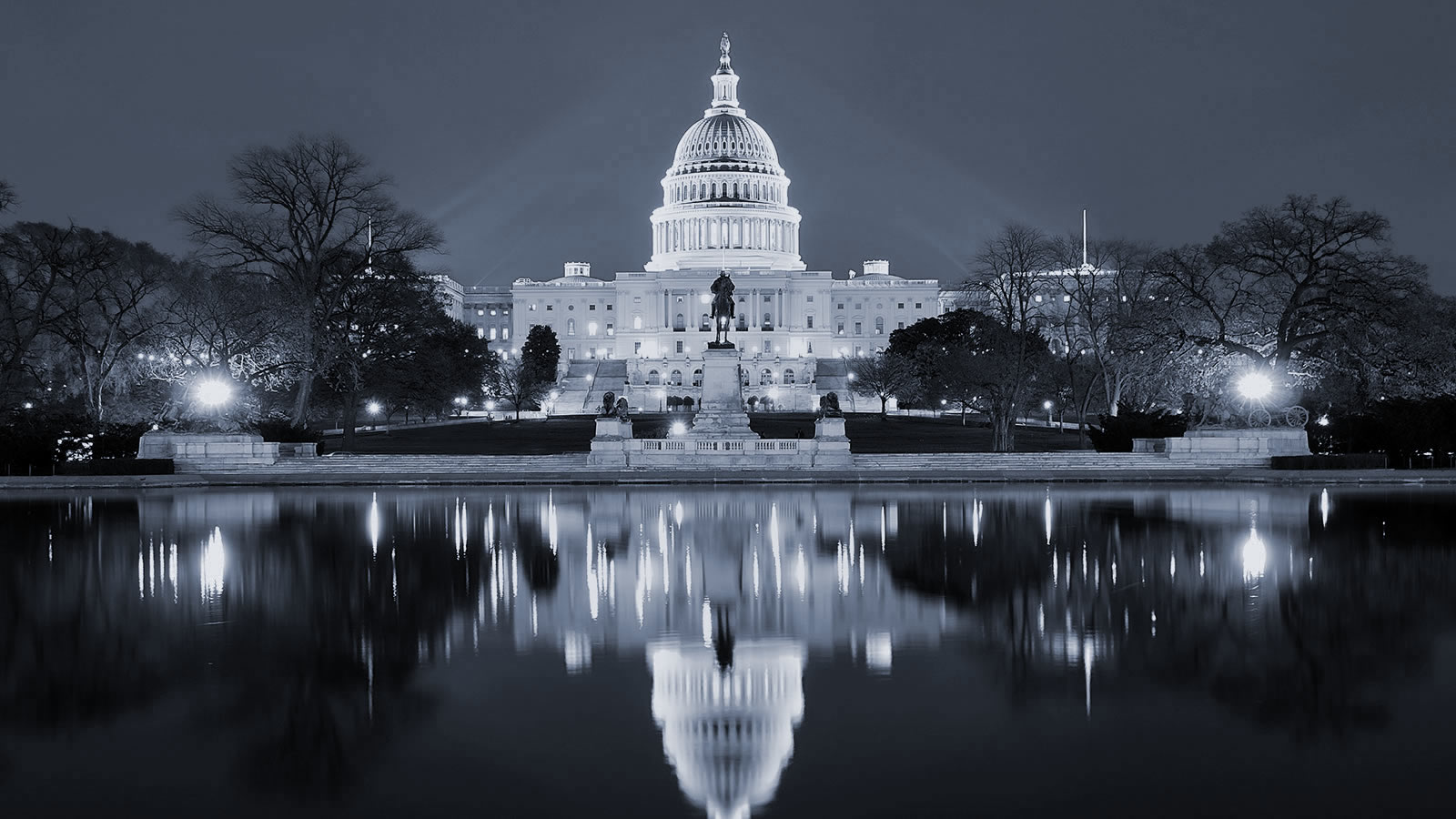
Federal Marijuana Revenue and Regulation Act – The 420 Bill
Marijuana could become legal federally thanks to a bill that would make it legal and regulate it like alcohol. The bill was introduced by Democratic Sen. Ron Wyden of Oregon.
According to the new bill, the Marijuana Revenue and Regulation Act has been given the surname of S. 420 by Wyden and is a companion measure to H.R. 420, which was initially introduced in the House of Representatives by fellow Oregon Democrat Rep. Earl Blumenauer back in March.
A spokesperson for the Senate Finance Committee announced that the new bill aims to “responsibly legalize, tax, and regulate marijuana at the federal level,” according to multiple reports. During a press conference on Friday Wyden explained that ” the time is now for marijuana reform at the national level.”
“The federal prohibition of marijuana is wrong, plain and simple. Too many lives have been wasted, and too many economic opportunities have been missed,” Wyden declared. “It’s time Congress makes the changes Oregonians and Americans across the country are demanding.”
“Oregon has been and continues to be a leader in commonsense marijuana policies, and the federal government must catch up,” Blumenauer explained.
“The American people have elected the most pro-cannabis Congress in American history, and significant pieces of legislation are being introduced. The House is doing its work, and with the help of Senator Wyden’s leadership in the Senate, we will break through.”
The new bill is part of a package of laws that are aimed to reform federal cannabis policy, put in place by Wyden and Blumenauer as the Path to Marijuana Reform.
These include the Small Business Tax Equity Act to repeal provisions of the tax code that deny cannabis business the right to take the fair tax deductions as would any company in other industries.
The Responsibly Addressing the Marijuana Policy Gap Act would diminish any federal criminal penalties and civil assets forfeiture for individuals and business complying with the states law.
Under the new bill, it would allow marijuana businesses the legal right to access banking, bankruptcy protection, marijuana research, and advertising.
The bill also includes an expungement process for some marijuana convictions, the approval for some financial aid and even placement within federal housing.
The bill would also give all veterans legal access to medical marijuana programs in any state and would protect Native Americans from prosecution under federal marijuana laws.
State and Local Regulatory Licensing and Compliance
Our business law and regulatory attorneys have assisted to facilitate businesses and individuals navigate the complex and ever changing commercial cannabis licensing and regulation landscape.
To schedule your consultation with Komorn Law regarding licensing
Call our Office at 800-656-3557
Recent Posts


